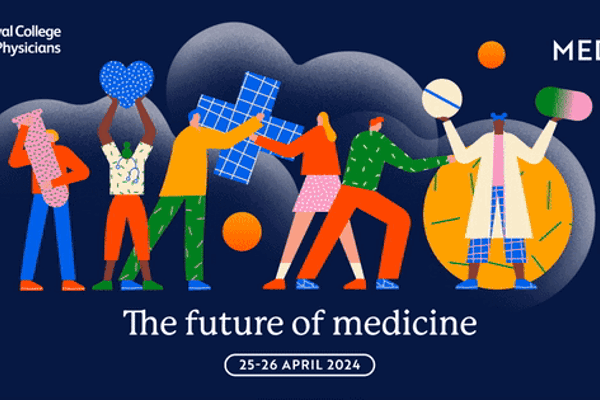Occupational Health (OH) services deal with the effect of work on people’s health, and conversely, the effect of health on their work. The COVID-19 pandemic has brought to light, now more than ever, the need for OH services to act as a bridge between health and workplaces.
Throughout the pandemic, OH has played a key role in helping NHS employers and employees with risk reduction and assessment. This is particularly important among doctors and other healthcare workers from black, Asian and minority ethnic backgrounds, as we know death rates from COVID-19 are higher among these communities.
OH is proven to help people return to work following an illness by providing independent and impartial advice to employers and employees regarding the nature of health problems, and adaptations which might help people start working again; and yet, only half the UK workforce has access to OH.
To make informed decisions on how to risk manage health and care staff, OH services have been considering workers’ individual vulnerability to serious illness or death from COVID-19, in relation to all known risk factors including age, sex, ethnicity, body mass index and underlying medical conditions.
This approach has enabled employers to estimate the individual risk to their staff and supported them to make decisions on how to redeploy staff, or to consider adjustments including mitigating factors such as enhanced PPE, to ensure that the COVID-19 risk is controlled, or at least addressed logically and consistently.
By investing in OH, the government can support employers to safeguard their workforce and manage risks. Sadly, educational institutions where healthcare professionals, both medical and nursing, can undertake training in this specialism are few and far between.
At the Society of Occupational Medicine (SOM), we’ve spent years calling for further investment in training of OH professionals and expert OH advice within government. Along with our partner organisations such as the Faculty of Occupational Medicine, we are calling for an expansion of training places for occupational medicine, a research centre for health and work, incentives to encourage employers to invest in OH, and access to OH for GPs for the benefit of their patients.
We know the health effects of widespread unemployment due to the outbreak could be worse than COVID-19 itself. The government has an opportunity to positively influence the health and wellbeing of the working population through improving access to OH services, and consequently improve the prosperity of the nation. We hope they take it!
Dr Kaveh Asanati FFOM, consultant occupational physician
Nick Pahl, CEO of the Society of Occupational Medicine




